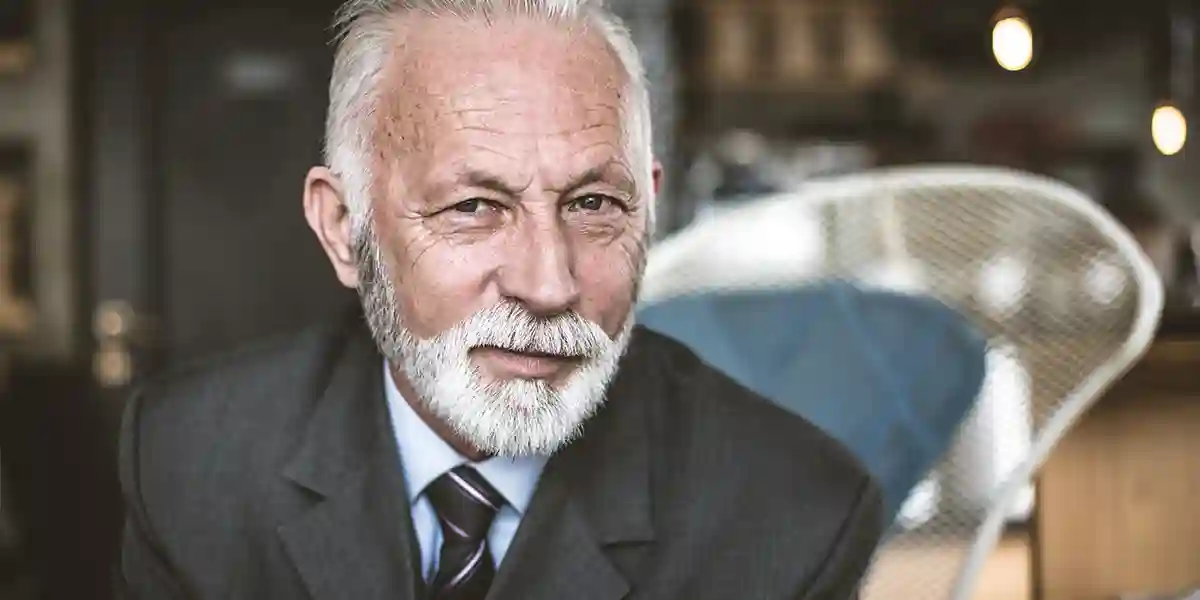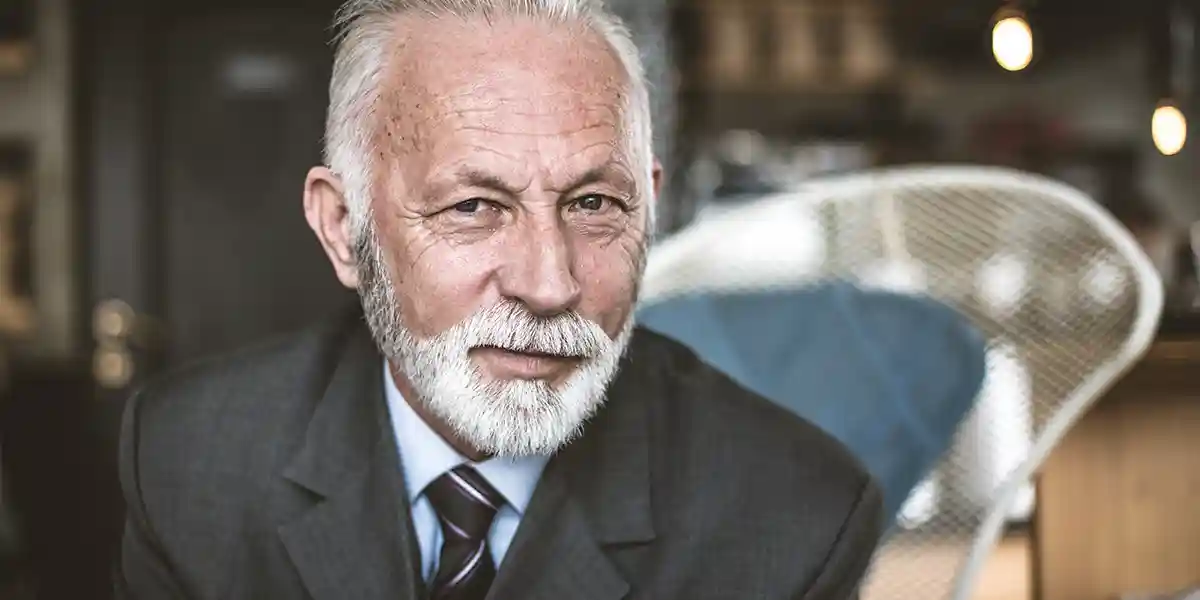By Bob Rogers
I have been coaching CEOs and senior executives for over 25 years, and I have continued to do so since I stepped down as president of DDI in 2015. When I talk to people about coaching C-suite leaders, they frequently ask me what makes the best ones different from the rest. It’s a question I’m always happy to field.
I’ve always felt that Jim Collins’ influential 2001 book, Good to Great, while describing what enables some companies to rise above the rest, does a great job of identifying many of the factors that also set exceptional senior executives apart. In addition, I also have my own beliefs, based on my experience and on DDI’s growing CEO assessment business.
At DDI our holistic approach focuses on knowledge, experience, competencies, and personal attributes. Most candidates for CEO positions have extensive knowledge in their field and broad-based experience. These candidates are also at least proficient in most competencies. The major differences I have seen, however, through my CEO coaching engagements are in personal attributes. There are four, in particular, that I believe are especially critical: passion (for their business’ purpose), authenticity, intellectual curiosity, and leadership courage. Let’s examine each one and why I believe they make a difference.
- Passion (for their business’ purpose): The newspaper executive I coached was extremely passionate about all the newspapers his company owned reporting the facts, while not taking partisan political positions. The safety company executive was more passionate about saving lives than earnings per share, even though he was successful in doubling the company’s value. The CEO of one of the largest non-profits in the U.S. cared more about helping disadvantaged kids than the size of the organization’s endowment, and he often clashed with the board to provide more for the kids left behind (many of these kids from the Hershey Foundation Schools later became CEOs themselves and credited the foundation for helping them succeed). Taking stock of some of the most successful CEOs of the past few decades, passion—about the right things—was a common denominator. Was Herb Kelleher of Southwest Airlines passionate about his customers? Has Fred Smith proved to be passionate about his people at FedEx? Was A. G. Lafley passionate about developing talent at Procter & Gamble? Was Jack Welch passionate about growing General Electric while ensuring his employees received honest, frank feedback? Some of the most successful CEOs were passionate about their organizations’ values and culture, others about helping the community. But the ones who were only passionate about the numbers? They eventually faltered. Yes, the numbers are important, but they just can’t be all that matters.
- Authenticity: Authenticity is an all-encompassing term that includes integrity, willingness to admit mistakes, receptivity to feedback, and true humility. I try to explain it as the difference between having a strong ego (being characterized by drive, confidence, action orientation, etc., while remaining humble) and a big ego (“it’s all about me,” taking credit instead of giving it, having narcissistic tendencies, defaulting to using the term “I” instead of “we”—you get the point). In my experience coaching CEOs I have seen and coached both types of CEOs and I much prefer the former. Big-ego CEOs eventually crash and burn. The CEO of Lehman Brothers during the market crash of 2008 is a prime example (for the full story, read A Colossal Failure of Common Sense by Lawrence G. McDonald). When a subordinate executive told the CEO two years before the crash that the subprime mortgage market was a house of cards, the CEO fired him! There is a fine line between confidence and arrogance, and when that line is crossed it creates problems. Just ask the executives of Enron, WorldCom, Health South, Tyco, and others who went to prison because of their arrogance. But big egos don’t only exist in business. They populate politics, academia, the military, churches, sports, entertainment—every walk of life. Let’s just not put them in charge. Authenticity was a quality that Jim Collins wrote about, citing many CEOs who didn’t become famous or even want to. One senior leader at the State Department I worked with was always giving credit to his team members. That was one reason he had a long, successful career in the government. Authentic CEOs don’t think they have all the answers, but they do ask the right questions and really listen. They also regularly ask for feedback. One CEO I still coach did this on a regular basis by having me interview board members and his executive team members every few years to getting honest feedback with which to measure his development progress.
- Intellectual Curiosity: The best CEOs are constantly learning. They draw on their curiosity and their great networking skills to acquire knowledge and insights on a wide range of topics. They sit on both for-profit and non-profit boards. They get involved in community activities, as well as representing their company at functions where they can learn and meet new people. My 12 years on a university board was maybe the greatest broadening experience I had while president of DDI. It made me a better leader and a better coach. Great CEOs want to learn about other cultures (particularly global CEOs). They also want to know how other CEOs have dealt with challenges that are similar to their own, how they made difficult decisions, how they interacted with their boards, and how they handled the stress of being responsible for the careers and well-being of their employees. But the most important curiosity great CEOs have is about their customers. They satisfy this curiosity not by reading reports or tracking metrics, but by meeting with them to learn directly what’s working or not working and how the company can improve. When I was coaching the CEO of a major U.S. brokerage house, I asked the CEO how many of his top 20 customers he knew personally. The answer was zero. We immediately set a development goal to change that. His next initiative was a company-wide customer intimacy program, which dramatically increased his personal and company success (Another good thing about him was that he was receptive to feedback!). Intellectual curiosity implies a high-level of cognitive ability, and in my CEO coaching every executive I worked with possessed it, but the biggest stumbling block for CEOs (and from my own experience) was making the really tough calls quickly enough. That leads directly to the fourth critical personal attribute I want to discuss, leadership courage.
- Leadership Courage: A CEO can be passionate, authentic, and curious, but without the courage to take action and make really difficult decisions, his or her probability of failure goes way up. When CEO Magazine picks their CEO of the year, one of the major criteria they use is leadership courage. From my experience, a CEOs’ toughest decisions are in three areas: 1) strategy, 2) structure, and 3) people. Formulating the right strategy has become even tougher as the pace of technological change can render current business models obsolete in a very short time. Changing business models in department stores, restaurants, car dealerships, web-based enterprise systems, etc., have organizations in these industries scrambling for alternative revenue sources. Those that make the tough decisions to dynamically change their organizations (Lou Gerstner at IBM, Steve Jobs at Pixar and Apple, and Anne Mulcahy at Xerox, to name a few) ensured their survival and future prosperity. Those who shy away from tough decisions too often squander their business. Developing a growth strategy in today’s economic ambiguity requires courage. It could be through acquisition or a changed business model, but either way, only the courageous will survive. My experience is that too many CEOs overlook how difficult, yet important decisions related to business structure can be. “STRUCTURE FOLLOWS STRATEGY”—not the other way around. Too often, I see new CEOs who want to make dramatic changes in structure before establishing a new, clear strategic direction for the organization. This is a big mistake! Also problematic is that there is no perfect structure and, over time, through tradition and fear of change, bureaucracy sets in. Courageous CEOs set a clear path forward with a value-based philosophy grounded in asking repeatedly, “Why do we do this and what value does it add?” In addition, all structures, from simple to complex matrices (which I hate!), have friction points, whether they are between engineering and manufacturing, sales and marketing, corporate and the field, etc. Great CEOs identify and manage these friction points to prevent the creation of silos, which can destroy customer focus. Great CEOs, in managing these friction points, also set up clear accountability systems so that structure doesn’t become a barrier to action and agility. The tough people decisions may require the most courage of all. I frequently ask CEOs, what, in hindsight, they would have done differently. The most frequent answer is, “I should have moved faster on my mediocre performers.” The ability to recognize when a person doesn’t quite fit in their role or position and the courage to make a change is imperative in today’s ever-changing business environment. Now, I never agreed with Jack Welch’s “rank and yank” system at General Electric because of the negative side effects on culture, but I do agree that you have to filter up from the bottom. So, when I am coaching a CEO I ask, “Who is your poorest performer on the executive team, and what are you doing to develop—or remove—him or her?” The great CEOs ask this same question of themselves and they encourage their subordinate leaders to do the same when evaluating their own teams. One CEO in Europe complained to me that he had 50 percent deadwood in his company. He didn’t like my follow-up question of what was he doing about it, as he was the one in charge. No matter how painful it may be, the CEO must act, not only downward but upward, as well. Dysfunctional board members must also be challenged and it can take a lot of courage from the CEO, (as well as smarts), to know when and how to force a change. In this situation, a good coach can be very helpful.
So, there you have it, passion, authenticity, intellectual curiosity, and leadership courage. Give me a leader that has all four and I will show you a winner!
Bob Rogers is DDI’s president emeritus. He consults with key DDI clients, applying his deep experience and expertise in strategy execution, performance management, leadership development,and succession management. A voracious reader of biographies (especially U.S. presidents and historical figures) and mysteries, Bob’s favorite authors include Jon Meacham, Nelson DeMille, and Michael Connelly.
Explore DDI’s learning solutions and executive coaching to engage senior leaders.
Topics covered in this blog

